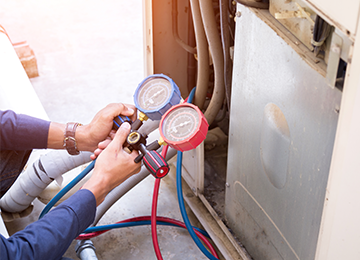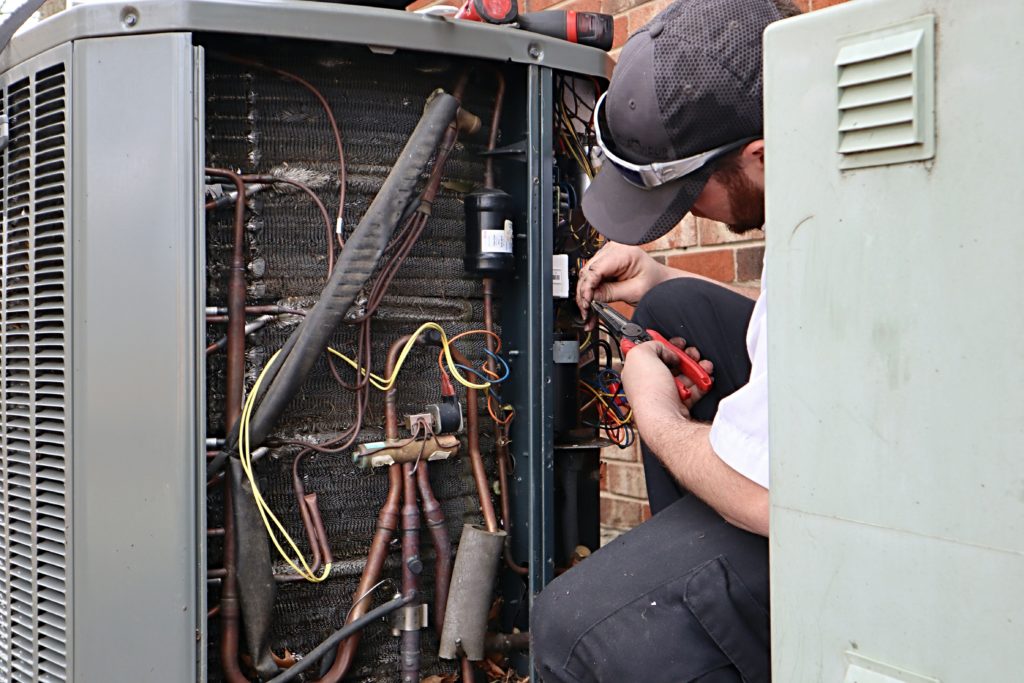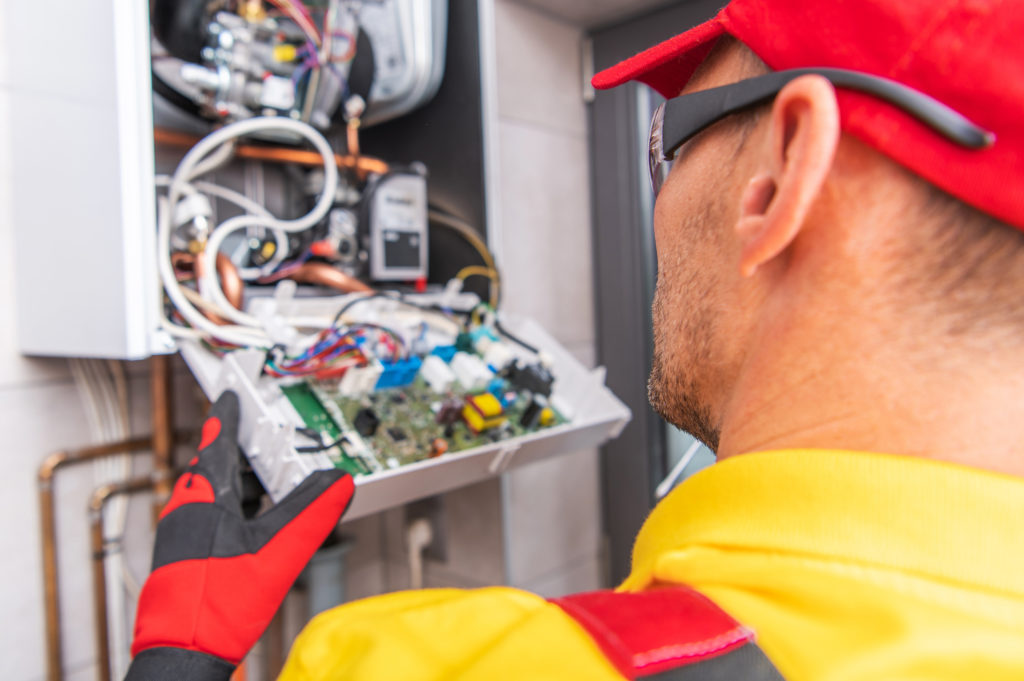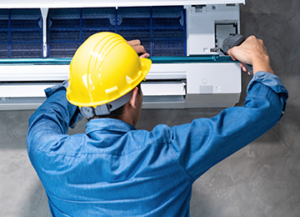In the sprawling metropolis of Los Angeles, where diverse climates demand reliable heating, ventilation, and air conditioning (HVAC) systems year-round, understanding the nuances between HVAC service and maintenance is crucial for homeowners and businesses alike. While both play integral roles in ensuring optimal system performance, they serve distinct purposes and offer unique benefits. In this article, we’ll delve into the dissimilarities between HVAC service and maintenance, shedding light on their importance and the advantages they bring to the table.
HVAC Service: Reacting to Immediate Needs
HVAC service primarily involves addressing immediate issues and restoring functionality when a system malfunctions. It is a reactive approach aimed at resolving specific problems that may arise unexpectedly. Some common scenarios that warrant HVAC service include a sudden breakdown, reduced cooling or heating efficiency, strange noises emanating from the system, or uneven temperature distribution within the premises.
Key Aspects of HVAC Service:
Troubleshooting and Repairs:
HVAC service technicians are trained to identify and rectify issues efficiently. They conduct thorough diagnostics to pinpoint the root cause of problems, ensuring accurate and effective repairs.
Emergency Response:
One of the standout features of HVAC service is its responsiveness to emergencies. Service providers typically offer 24/7 emergency services, acknowledging the critical nature of HVAC failures, especially during extreme weather conditions.
Component Replacement:
If any HVAC components are beyond repair or have reached the end of their lifespan, the service technician will recommend and replace them. This can include parts such as compressors, fans, thermostats, or other essential elements.
Benefits of HVAC Service:
Swift Issue Resolution:
The primary advantage of HVAC service is the rapid resolution of problems. This minimizes downtime and discomfort for occupants, restoring the system to optimal functionality promptly.
Cost-Effective Repairs:
Addressing issues promptly through HVAC service can often prevent them from escalating into more extensive and expensive problems. Timely repairs contribute to cost-effectiveness in the long run.
Enhanced System Lifespan:
Regular service can contribute to prolonging the lifespan of HVAC systems by identifying and addressing potential issues before they cause irreparable damage.
HVAC Maintenance: Proactive Care for Longevity
In contrast to HVAC service, maintenance is a proactive approach aimed at preventing issues before they arise. It involves a scheduled and comprehensive inspection of the entire HVAC system to ensure its ongoing efficiency and longevity. HVAC maintenance is typically carried out at regular intervals, with seasonal check-ups being a common practice.
Key Aspects of HVAC Maintenance:
Routine Inspections:
Maintenance involves a thorough examination of the entire HVAC system, including the heating and cooling units, ductwork, filters, and other components. This allows technicians to identify and address minor issues before they escalate.
Cleaning and Lubrication:
Regular cleaning of components such as coils, fans, and filters is a crucial aspect of maintenance. Additionally, lubrication of moving parts ensures smooth operation and minimizes wear and tear.
System Optimization:
Technicians fine-tune the HVAC system during maintenance to optimize its performance. This includes calibrating thermostats, checking refrigerant levels, and ensuring proper airflow.
Benefits of HVAC Maintenance:
Preventive Problem Solving:
By identifying and addressing potential issues before they become major problems, HVAC maintenance helps prevent unexpected breakdowns and disruptions. This proactive approach contributes to uninterrupted comfort.
Energy Efficiency:
A well-maintained HVAC system operates more efficiently, consuming less energy. This not only lowers energy bills but also reduces the overall environmental impact of the system.
Extended System Lifespan:
Regular maintenance significantly contributes to the longevity of HVAC systems. By addressing wear and tear, cleaning components, and ensuring optimal performance, the overall lifespan of the system is extended.
Conclusion:
In the dynamic climate of Los Angeles, where HVAC systems are essential for year-round comfort, understanding the distinctions between service and maintenance is crucial for informed decision-making. HVAC service provides prompt solutions to unexpected problems, ensuring quick restoration of system functionality, while maintenance takes a proactive approach, preventing issues and optimizing the system’s efficiency over time.
Both HVAC service and maintenance play pivotal roles in ensuring the reliability, efficiency, and longevity of HVAC systems. Homeowners and businesses alike should consider incorporating a combination of both services into their overall HVAC strategy to enjoy the benefits of prompt issue resolution and proactive system care. In the end, a well-maintained HVAC system not only provides comfort but also contributes to cost and energy savings and a sustainable future.











